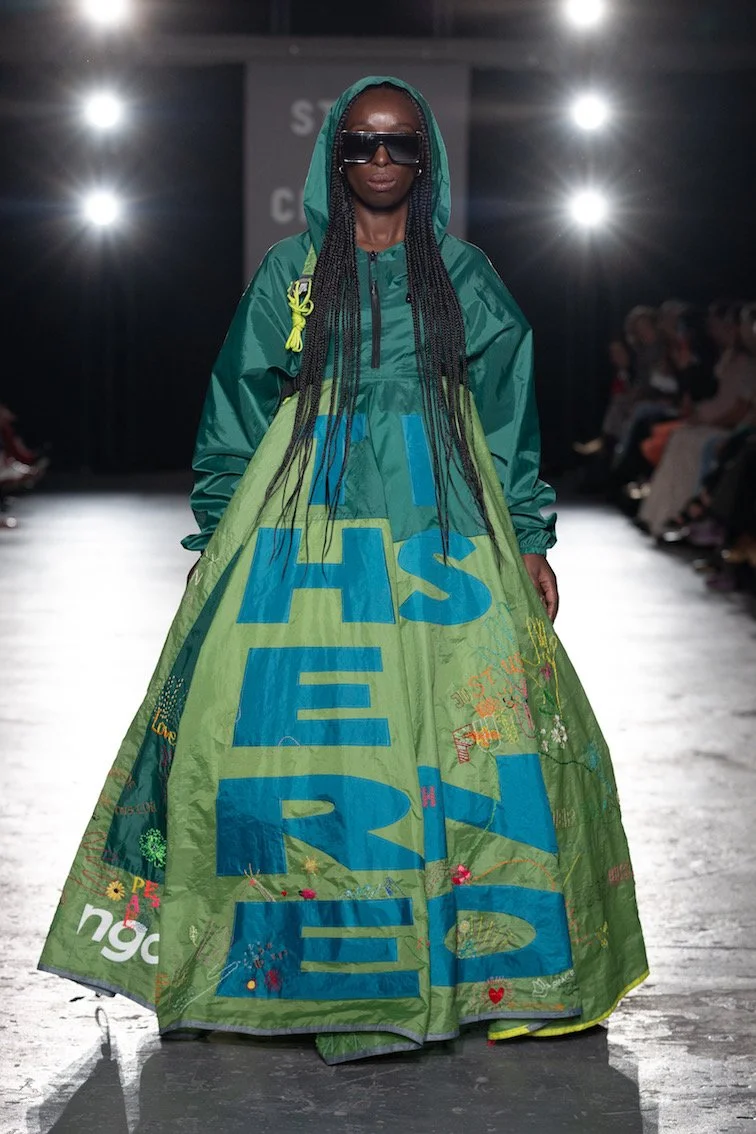"You can't farm spiders!" says this week's guest, scientist David Breslauer.
You can keep more them in serious numbers spinning webs off hula-hoops suspended from your office ceiling though...
Enter Bolt Threads, the Californian biotech company behind Microsilk - a bioengineered sustainable fibre used by Stella McCartney. Find out how they did it, where the science is headed, and what’s next (hint, it's involves mushrooms). Just don’t call David Spider Man.















